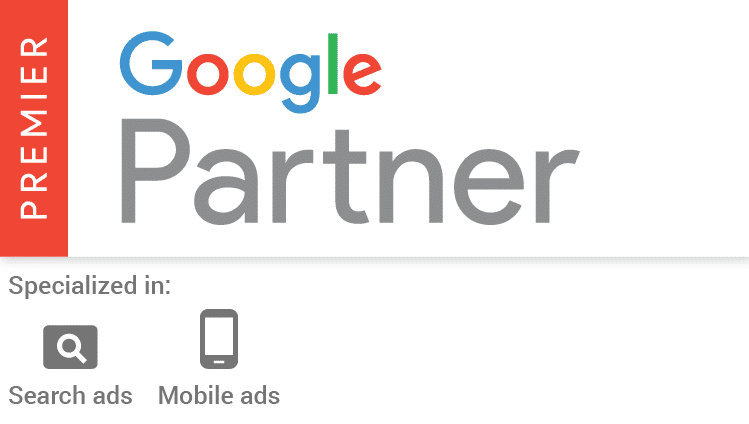Oh, how the mighty have fallen. Unless you’ve been living under a rock, you now know that Verizon is buying Yahoo.

You don’t have to be all that old to remember that – before Google was a verb – Yahoo was the Internet’s king of search. But as a result of strategic errors – missteps that home improvement companies can learn from – Yahoo lost ground and ultimately succumbed to more nimble alternatives.
What happened? And why? It’s instructive, because the timeline of Yahoo’s issues parallel so many of the challenges home improvement companies faced in the mid-2000s.
Briefly, Yahoo was the first breakout star in the search engine game. The company rocketed to stardom, an IPO and long-lasting brand presence from the mid-1990s until 2001. Then, two things happened:
- Google came along with a better mouse trap – in this case, a search engine
- Yahoo hired a CEO who believed Yahoo’s future was in selling banner ads – not paid search
As Google search came of age in 2001, Yahoo’s dominance and search technology began to slip. Yahoo should have hunkered down, invested in its search technology and battled it out for continued supremacy in search. Instead, Yahoo opted to shift strategically to selling banner ads – a choice that ultimately cost it dearly.
Yahoo’s executives believed the company should gravitate to a traditional media business model. In short, they wanted the company to focus on selling banner ads. And in the same manner that radio, TV and newspaper ads were sold – on a CPM, or Cost-Per-Thousand impressions basis. They figured selling banner advertising to big companies and brand advertisers would be more lucrative than paid search – which Google had begun to dominate.
I’m sure Yahoo’s strategy looked good in internal PowerPoint presentations. But what Yahoo – and many home improvement companies – in the early 2000s did not see, was that Google was actually facilitating changing consumer behavior. In part as a result of Google, the Internet began to offer consumers more choice, information and convenience than traditional outlets did.
Suddenly, in 2006 – 2007, response rates for TV, radio and newspapers started to slide…and ultimately collapsed in 2008 in the midst of the financial crisis. Homeowners didn’t abandon traditional media…they just added Google and the Internet to the mix of everything they did. Undaunted, Yahoo continued to execute its old-fashioned business model in a new media world.
While it’s been tough for many home improvement companies to learn to leverage the Internet, Yahoo found it impossible to recover in the search game. Today, Yahoo drives only 15-18% of the home improvement leads that we generate for our clients, with most of the balance through Google. 15 years ago, Google’s proportion would have been 70+%.
Said another way: Google had revenues of $80 Billion last year. Yahoo was sold for a fraction of that.
Today’s successful home improvement businesses know how important paid search advertising really is. Connecting with homeowners you’re targeting occurs at the top of the search engine results pages. Yahoo lost sight of that long ago, and ultimately had to give up the ghost.
Yahoo’s demise offers an important lesson for home improvement companies. As consumers shifted from radio, TV and print, both Yahoo and home improvement companies have needed to adapt to changing behaviors and preferences. Unfortunately, Yahoo spiraled, sputtered and ultimately died. Home improvement businesses are still making the shift.
In short, as you look to your own marketing future…make sure you’re a Google, not a Yahoo.
